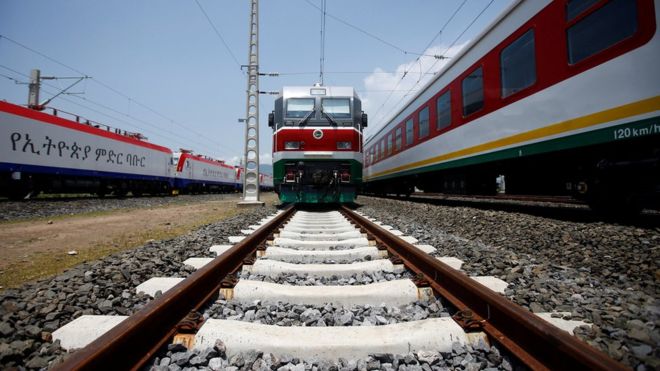
President Kabila looks on during signature ceremonies.
The second phase of political talks about how to implement a New Year’s Eve deal on the transfer of power has begun in the Democratic Republic of the Congo. If applied, the agreement will pave the way for the departure of President Joseph Kabila and elections this year.
The DRC’s political deal was signed by Kabila’s ruling alliance and the Rassemblement, the largest opposition coalition.
Delayed elections, originally scheduled for November, and Kabila’s decision not to leave office when his second term expired on December 19 launched the DRC into uncharted and volatile waters. There were widespread fears that Kabila wanted to change the constitution to permit him to serve a third term.
But the new agreement stipulates its signatories will not attempt to alter the constitution. It also states elections to find Kabila’s successor should be held in late 2017 and provides for the establishment of a government of national unity headed by a prime minister from the Rassemblement.
Analyst Stephanie Wolters of the Institute for Security Studies told VOA that “the deal on paper is a good deal, and if we could get this political accord implemented and get all the people who have not signed it yet to sign it, then it is an extremely good road map. It is an actual resolution of the crisis that we had all last year.”
The Catholic bishops of the National Episcopal Conference of the Congo, known as CENCO, are mediating the talks, and their vice president, Bishop Fridolin Ambongo, has said this second phase will be “the most difficult part.”
An agreement is needed on the composition of the new government, the electoral commission, and the committee tasked with monitoring implementation of the accord.
Wolters said several obstacles stand in the way of the smooth implementation of the agreement. One is the logistical challenge of holding presidential, parliamentary and provincial elections in this huge, mostly undeveloped country by the end of this year.
Another is Prime Minister Samy Badibanga, who was appointed in November after a previous set of negotiations boycotted by the Rassemblement. Badibanga and some of his ministers have refused to recognize the new agreement.
“Of course, Badibanga is key to the implementation of this whole thing, because the accord calls for the formation of a new government and the appointment of a new prime minister,” Wolters said. “And if Badibanga stands in the way, that is going to be a problem.”
Even though Kabila’s ruling alliance has signed the deal, some senior members have criticized the accord for its lack of inclusivity, and they have suggested the new government cannot be put in place until March, when parliament reopens.
There are many questions, Wolters said, “about whether or not this was a calculated move by the ruling alliance to essentially sign something knowing full well that they could still scupper it in a number of ways, and also knowing full well, it has to be said, that the opposition itself may still be an obstacle, because it cannot agree on exactly who is going to take what post in the various different new structures.”
Monseigneur Marcel Utembi, CENCO’s president, said Wednesday that he wanted to conclude this phase of negotiations within four days.
By William Clowes (VOA)


